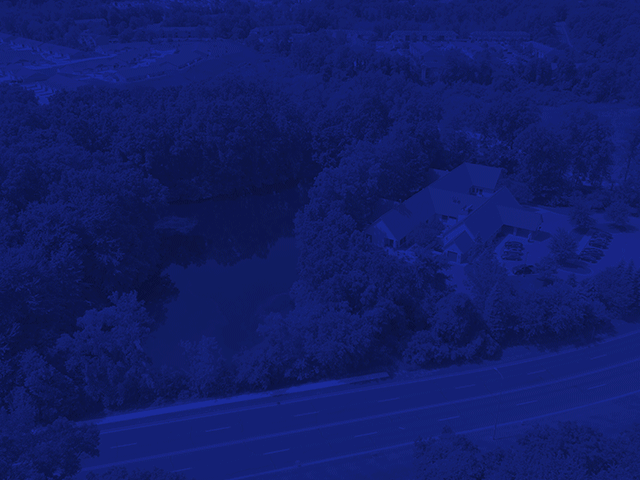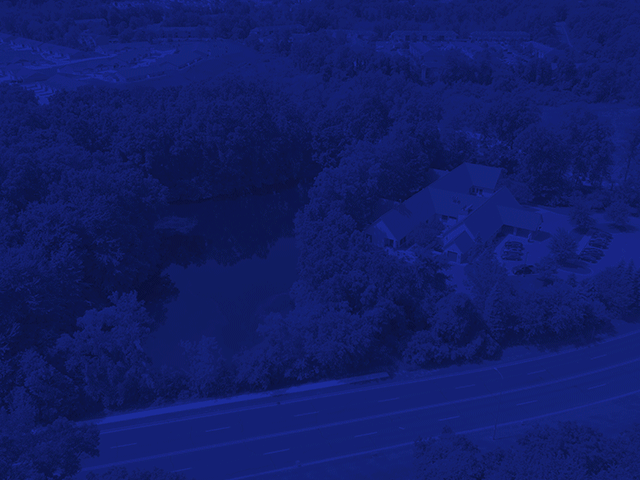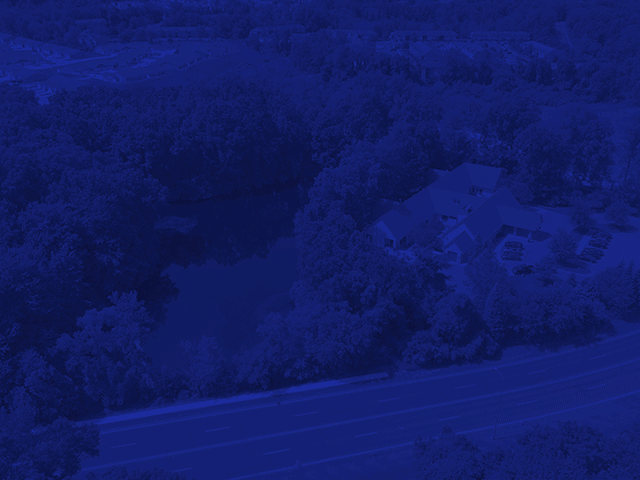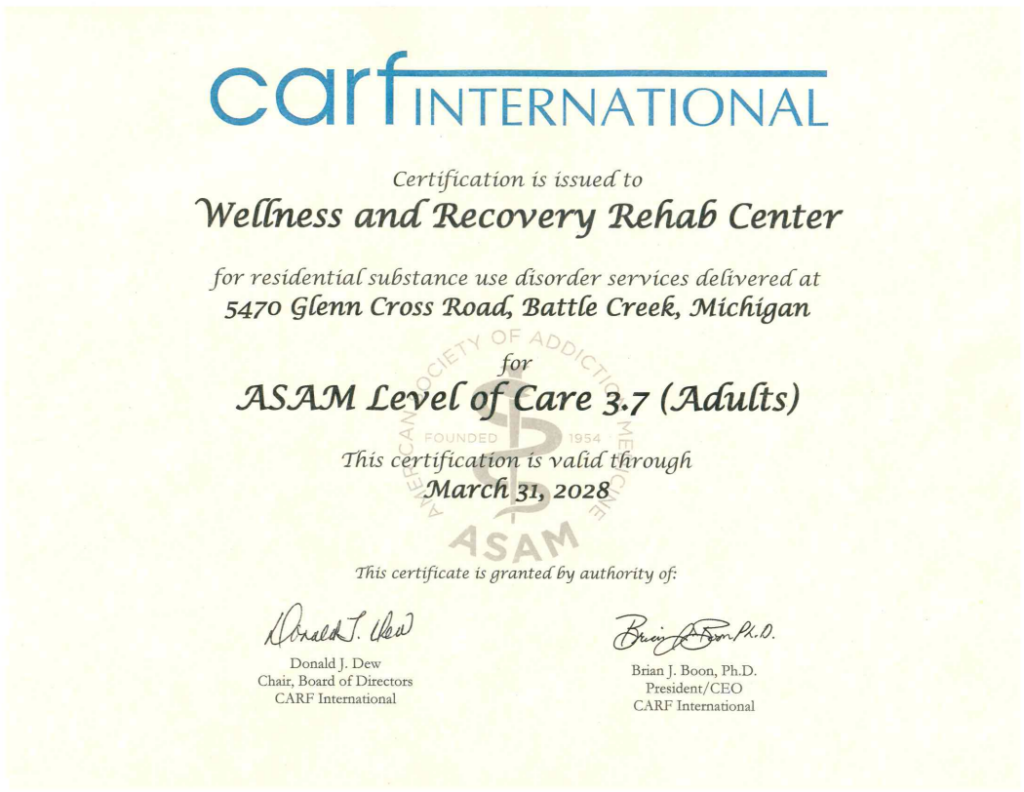For example, someone battling depression may use alcohol or drugs as a form of self-medication. However, substance use can worsen mental health symptoms, creating a cycle of ongoing struggle that is difficult to break.
A key challenge in dual diagnosis is that one disorder may mask the symptoms of the other, making the diagnosis more challenging.
Without integrated care, these disorders often intensify over time, increasing the risk of long-term health complications and decreased quality of life. Inpatient drug rehab can provide options for holistic, comprehensive care.
Individuals with depression may turn to substances as a way to cope with feelings of:
Bipolar disorder is a mood disorder characterized by extreme shifts in mood, ranging from manic highs to depressive lows. Individuals with bipolar disorder may use substances to either cope with the depressive lows or to fuel the high energy associated with mania.
Characterized by intense emotional instability and a deep fear of abandonment, BPD often drives individuals to use substances as a coping mechanism. Unfortunately, substances often amplify emotional instability, creating a cycle that makes recovery even more challenging.
Inpatient drug rehab provides the structure, medical care, and therapeutic support needed to heal both mind and body.
Below are the key reasons why this approach is often the most effective for dual diagnosis treatment:
Individuals with dual diagnosis often experience withdrawal symptoms that can be physically exhausting. In an inpatient drug rehab setting, medical professionals provide 24/7 supervision to manage these symptoms and ensure a safer detox process.
If a patient experiences severe distress, such as panic attacks or suicidal thoughts, trained professionals can intervene immediately. This comprehensive approach not only stabilizes individuals but also reduces the risk of relapse and long-term complications.
Each day in an inpatient drug rehab typically follows a set schedule that includes:
For those navigating the emotional ups and downs of mental health disorders, this structure provides a vital sense of safety and predictability. Knowing what to expect each day can ease anxiety and reinforce healthy habits that support long-term recovery outside of inpatient drug rehab.
The early stages of recovery require a space where healing takes priority. Inpatient drug rehab centers offer a supportive environment that is free from:
Without these external pressures, individuals can focus entirely on their mental and physical well-being. This sense of security allows them to gain clarity and develop the tools necessary for long-term recovery.
Managing addiction alongside a mental health disorder demands specialized care that promotes healing on multiple levels.
Here are the essential elements of an inpatient drug rehab program for dual diagnosis at Wellness and Recovery:
Led by experienced therapists, these sessions cover essential topics, including:
Actively participating in these discussions helps individuals take meaningful steps toward recovery.
Group therapy also teaches valuable social skills, such as:
These skills are essential for maintaining healthy relationships both during treatment and after completing inpatient drug rehab.
Addiction and mental health disorders often create distance and misunderstandings between individuals and their loved ones. This is why inpatient drug rehab at Wellness and Recovery often includes family therapy to help repair these relationships.
During family counseling sessions, we provide a structured space where open communication can take place under the guidance of a trained therapist.
The goal is to create a healthier dynamic that supports the individual’s recovery while also addressing the impact of addiction and mental health disorders on the entire family.
Individual therapy in an inpatient drug rehab helps individuals explore the root causes of their substance use and mental health issues in a safe, one-on-one environment.
Our licensed therapists use a range of evidence-based approaches during these sessions. The most common among them are:
CBT helps individuals recognize thought patterns that fuel addiction and mental health struggles.
Through guided therapy at an inpatient drug rehab, individuals can:
By addressing both cravings and emotional challenges, CBT empowers individuals to take control of their recovery and build a foundation for lasting change.
For individuals who struggle with intense emotions, DBT offers a powerful framework for achieving balance and stability.
The therapy incorporates CBT strategies and mindfulness to teach:
By helping individuals develop these skills, DBT enhances their ability to regulate emotions and behaviors. This creates a strong foundation for improved mental health and sustained recovery.
In an inpatient drug rehab for dual diagnosis, MI helps individuals explore the benefits of making lasting changes.
Key features of this therapy include:
MI is built on a foundation of empathy, trust, and respect. The therapist will create a safe space for individuals to express their feelings without judgment. This is essential for individuals who may be hesitant to acknowledge their mental health or addiction struggles.
MI recognizes that individuals may experience conflicting emotions about their recovery. For example, they may desire sobriety but also fear the changes it entails.
The therapist helps the individual explore these conflicting feelings and work through the ambivalence, enabling them to make a clearer commitment to change.
MI emphasizes the individual’s autonomy in the recovery process. Rather than imposing solutions, the therapist encourages the person to reflect on their own values and goals. This empowerment allows them to make choices that align with their vision for a better life.
Dual diagnosis treatment at Wellness and Recovery integrates medication to help regulate mood, reduce cravings, and support long-term recovery.
Mental health challenges can severely impact a person’s ability to engage in recovery efforts, and psychiatric medications are often necessary to help stabilize these conditions.
These medications work by:
Medications designed for addiction treatment support recovery by managing withdrawal symptoms and reducing cravings.
Some of the medications that our team at Wellness and Recovery may use in our inpatient drug rehab for dual diagnosis include:
Naltrexone works by blocking the opioid receptors in the brain, which reduces the pleasurable effects of alcohol and opioids. As a result, individuals are less likely to relapse, as they are not experiencing the rewarding sensations that often trigger substance use.
Even after withdrawal ends, addiction-related changes in the brain can trigger intense cravings. Anti-craving medications target these neurological imbalances to help individuals maintain sobriety.
In inpatient drug rehab, medical professionals regularly assess the effectiveness of the medications and make necessary changes to the treatment plan. Close medical supervision ensures that the medications are having the desired effect without causing adverse side effects.
It also allows for the timely adjustment of dosages if a person’s condition changes during treatment. This flexibility is key to providing care that fosters recovery and supports long-term success.
Here is how we provide the tools and support needed for long-term sobriety:
At Wellness and Recovery, aftercare planning begins early in the inpatient drug rehab program to provide individuals with the tools they need to maintain their progress. This plan outlines strategies for continued growth, relapse prevention, and long-term wellness.
These programs typically involve attending the treatment center for several hours a day, where individuals engage in:
This level of care ensures that individuals receive the intensive care they need while gradually reintegrating into daily life.
An IOP focuses on reinforcing the coping skills learned during inpatient rehab while allowing individuals to start adjusting to life outside of a clinical environment.
Outpatient drug programs provide continued therapy and support on a less frequent basis than an IOP. These programs are best for individuals who are further along in their recovery journey and no longer need intensive therapy.
Outpatient drug programs typically offer weekly sessions for managing triggers and other challenges that arise during recovery.
Psychiatric care is also an important element of our aftercare services.
Regular check-ins with a psychiatrist help individuals:
With consistent psychiatric support, individuals can adapt to their evolving mental health needs with confidence.
At Wellness and Recovery, the focus is on providing comprehensive, compassionate, and evidence-based care that supports long-term recovery.
Here’s why patients with dual diagnosis should choose our inpatient drug rehab program:
The team at Wellness and Recovery consists of highly trained and experienced professionals, including:
Each team member is skilled in understanding the complex interaction between substance use and mental health disorders within inpatient drug rehab, allowing for more effective treatment.
At Wellness and Recovery, no two treatment plans are the same. We understand that each individual is unique and that their treatment should be as adaptable as their path to healing.
Upon admission, each individual undergoes a thorough assessment to determine their specific needs. This assessment takes into account a range of factors, including:
This information forms the foundation of a personalized treatment strategy designed to address the specific challenges and aspirations of the individual.
True recovery involves more than just sobriety; it’s about restoring mental, physical, and spiritual balance.
That’s why our inpatient drug rehab incorporates diverse healing practices, including:
By engaging in these therapeutic activities, individuals cultivate healthier coping mechanisms, manage stress effectively, and reconnect with their inner strength.
Recovery is more than a process; it’s a profound transformation, and the right environment makes all the difference. Our intimate setting fosters a deep sense of safety and belonging, allowing individuals to explore healing without fear or distraction.
With private accommodation options designed for rest and reflection, individuals can reconnect with themselves in a space that nurtures both comfort and renewal.
Addiction and mental health challenges can feel overwhelming, but they don’t have to define your future. At Wellness and Recovery, our inpatient drug rehab program provides the care, support, and resources needed to heal from within.
Whether you’re seeking a new beginning for yourself or helping someone you care about, our expert team is here to offer the encouragement and tools needed for lasting transformation.








